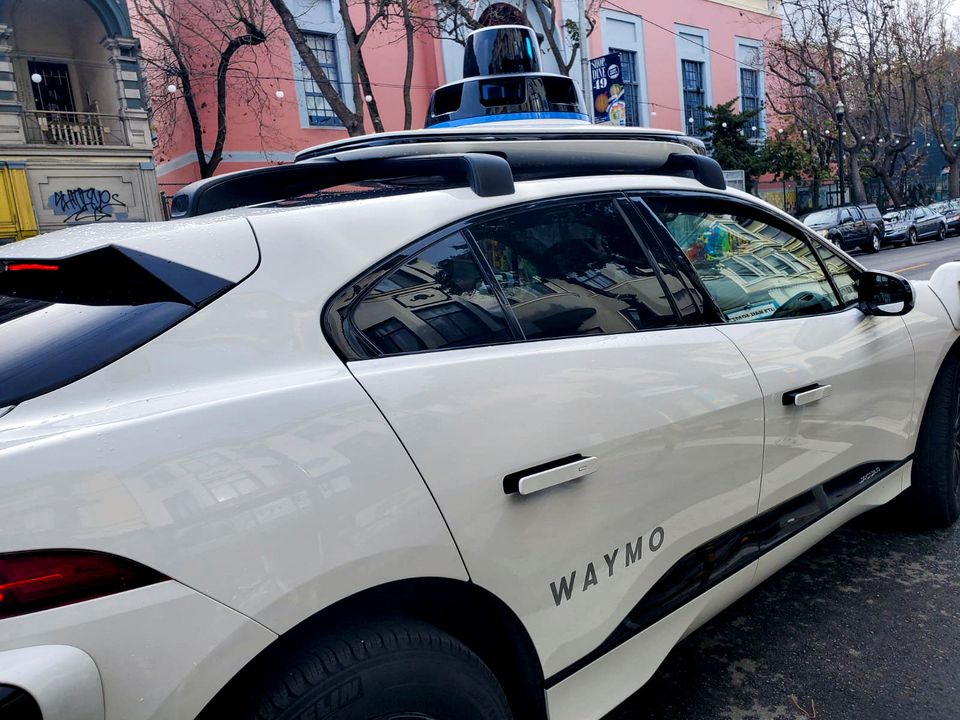WASHINGTON, April 11 (Reuters) – A major U.S. transport union on Tuesday opposed a request by Alphabet Inc’s (GOOGL.O) self-driving unit Waymo and autonomous driving technology company Aurora Innovation Inc (AUR.O) for an exemption from rules on warning devices for large semi-trucks, citing safety issues.
The Federal Motor Carrier Safety Administration (FMCSA) said last month it received a joint application from Waymo and Aurora seeking a five-year exemption from rules that require drivers to place reflective triangles or a flare around a stopped truck to alert other drivers and help prevent a crash.
Aurora and Waymo instead want to use warning beacons mounted on the truck cab to avoid needing human drivers.
The Transport Workers Union of America said the petition is “inappropriate, represents an overreach and a misuse of the waiver and exemption process, and would significantly diminish the safety of our roads. It should be rejected in the strongest possible terms.”
It urged the safety board to ensure “rigorous oversight and standards” before widespread deployment of such new technologies.
Waymo and Aurora say that without an exemption driverless trucks would need a human on board, which would “undermine the efficiency potential of autonomous CMVs.”
Waymo responded that the “exemption we put forward would permit compliant autonomous trucking operations while maintaining a high standard of safety.” Aurora declined to comment.
Both told FMCSA it is possible to achieve the safety purpose of the warning device by using forward- and rearward-facing amber flashing lights mounted on the cab.
In the joint filing, Aurora said it maintains 28 Class 8 self-driving trucks that run on public roads, primarily in Texas, while Waymo listed 48 Class 8 trucks. Both fleets have human operators who, when necessary, can drive the vehicles.
Legislation to speed the deployment of self-driving vehicles and ease hurdles has been stalled for more than five years in Congress. A bill to advance self-driving cars approved by the U.S. House of Representatives in 2017 applied to vehicles under 10,000 pounds, but not large commercial trucks.









